The Role of Emotional Agility
Resilience isn’t about ignoring your emotions. It’s about learning to move through them without getting stuck.
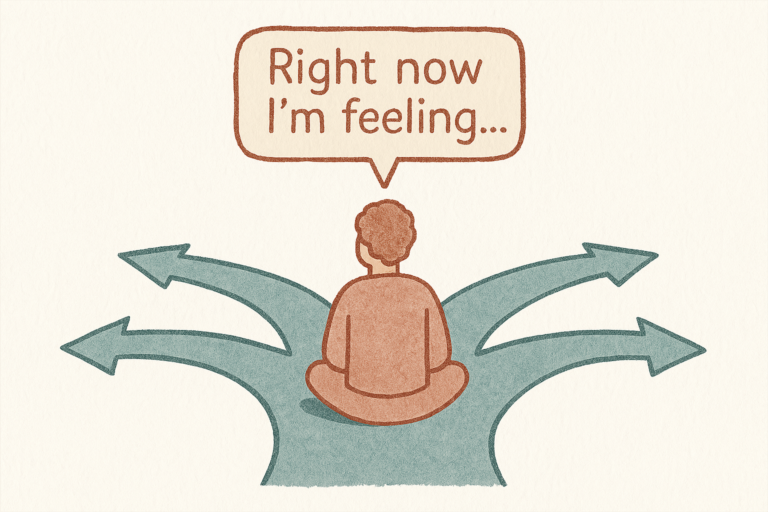
Resilience isn’t about ignoring your emotions. It’s about learning to move through them without getting stuck.
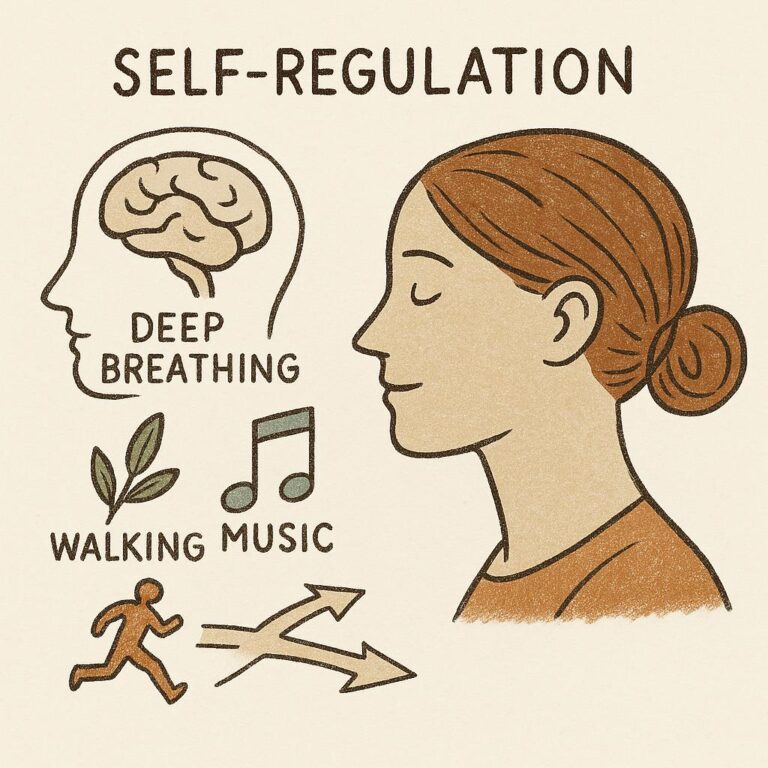
Stress doesn’t just affect your thoughts. It lives in your body.
When you learn to calm your body, you reclaim the ability to choose your response. T

Optimism isn’t pretending everything is fine. Real optimism is grounded in truth—and choosing hope anyway.
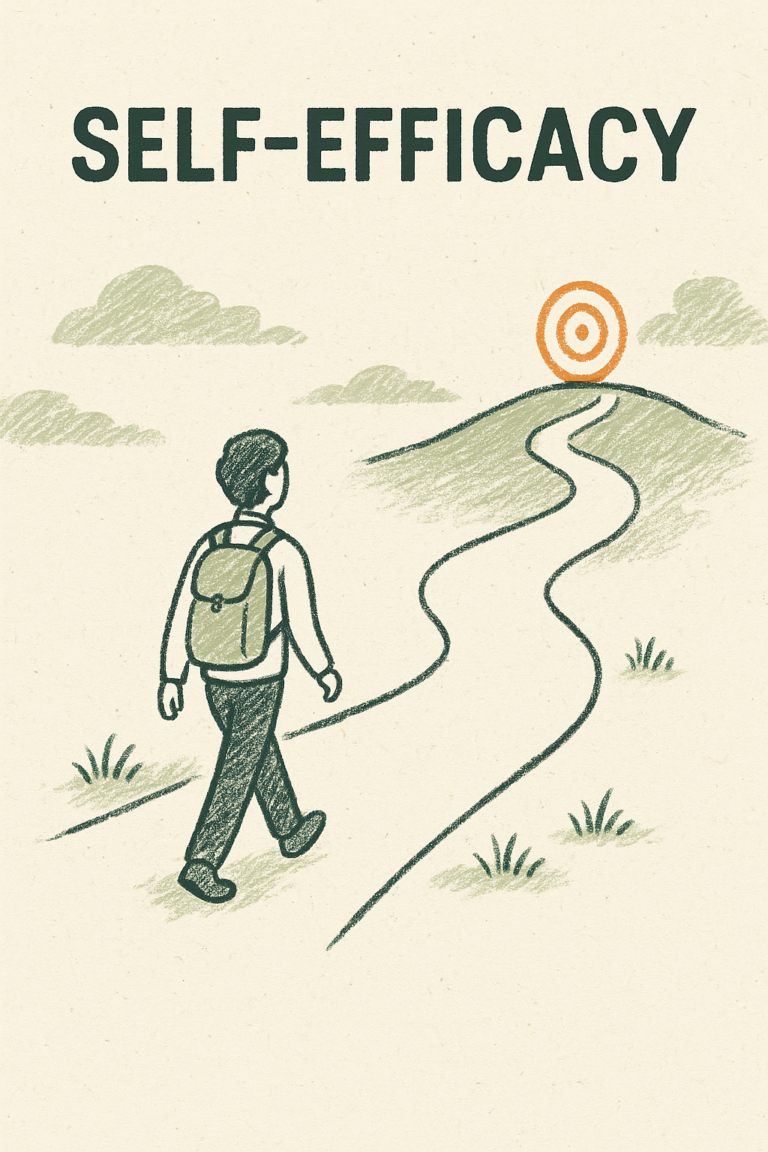
Self-efficacy is a game-changing mindset of resilience. It’s the belief that you can handle hard things because you’ve done hard things before, and you can do it again.

Resilience is often framed as something internal—your mindset, your habits, your ability to recover. Human connection is one of the most powerful resilience tools we have.
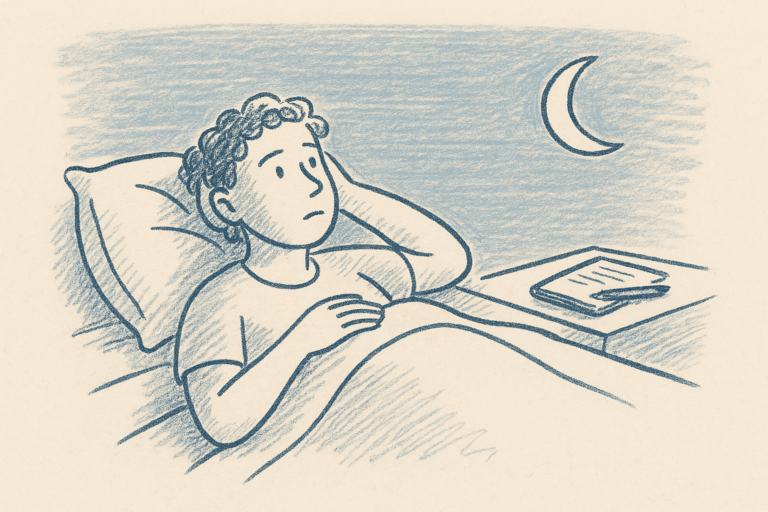
Nighttime stress is a very real response to overstimulation, under-processed emotion, and a nervous system stuck in overdrive. There are ways to gently bring yourself back to calm.
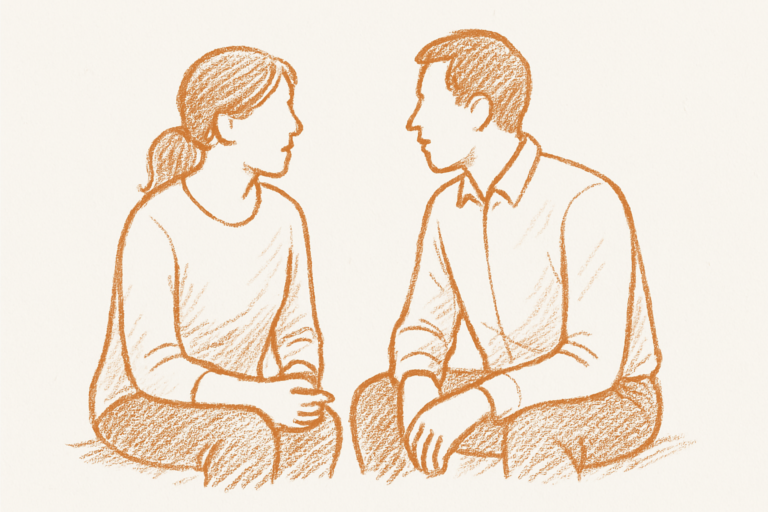
Resilience isn’t just something we build for ourselves—it’s something we can model and nurture in others.